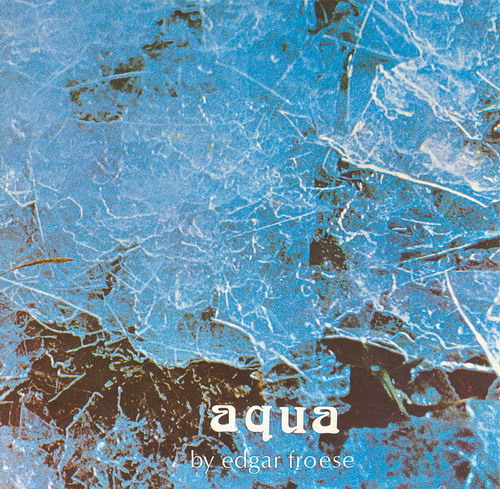A can of worms, wrapped in a puzzle, buried inside an enigma, with a little pink flag sticking up, the only thing visible, while the sound of one hand clapping faintly echoes in the background
 :
:
By the time the subject of the movie finally comes up, we’d already spent half an hour discussing the ossification of our own culture. We talk about how New York City, the place in which Gray set his first five films, has changed so drastically since the mid 1990s; Gray says the Brooklyn of Little Odessa “is totally gone,” and that, while the 1920s tenements in The Immigrant are still there, they now tower above John Varvatos boutiques. Gray specifies that he’s less interested in romanticizing the crime-ridden city of the past than questioning what’s led to the kind of environment in which, he says, one of his friends seems to be the only person actually living in his apartment building on Central Park West, not using it as an investment.
The fundamental issue on Gray’s mind when we talk is how capitalism impacts our priorities as human beings. Saddled with student debt from the moment we set foot in a university, our ability to “study for the sake of learning” is over; instead, we’re “forced to become budding capitalists.” It’s a critique that received major airtime during Bernie Sanders’s campaign, and Gray’s clearly given it some serious thought. “We haven’t figured out a way to monetize integrity, and when you can’t monetize integrity, and you can’t incentivize integrity and incentivize individuality, and you pray at the god of the market, you get a very strange beast that almost consumes itself,” Gray says. “It’s almost like everyone is beholden to this market god, and nobody knows what to do.”
All in one place, this short article has it all. Best of luck to Gray with the The Lost City of Z.


